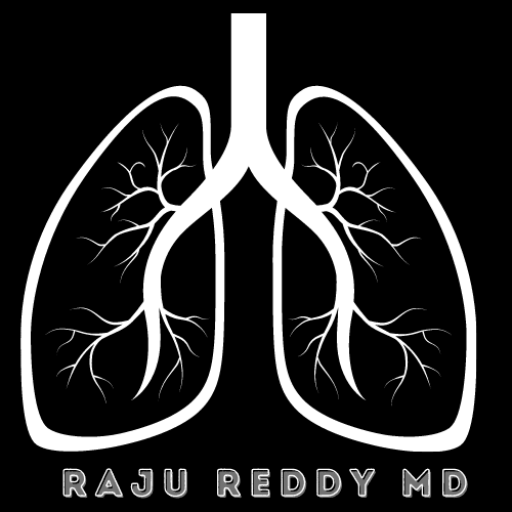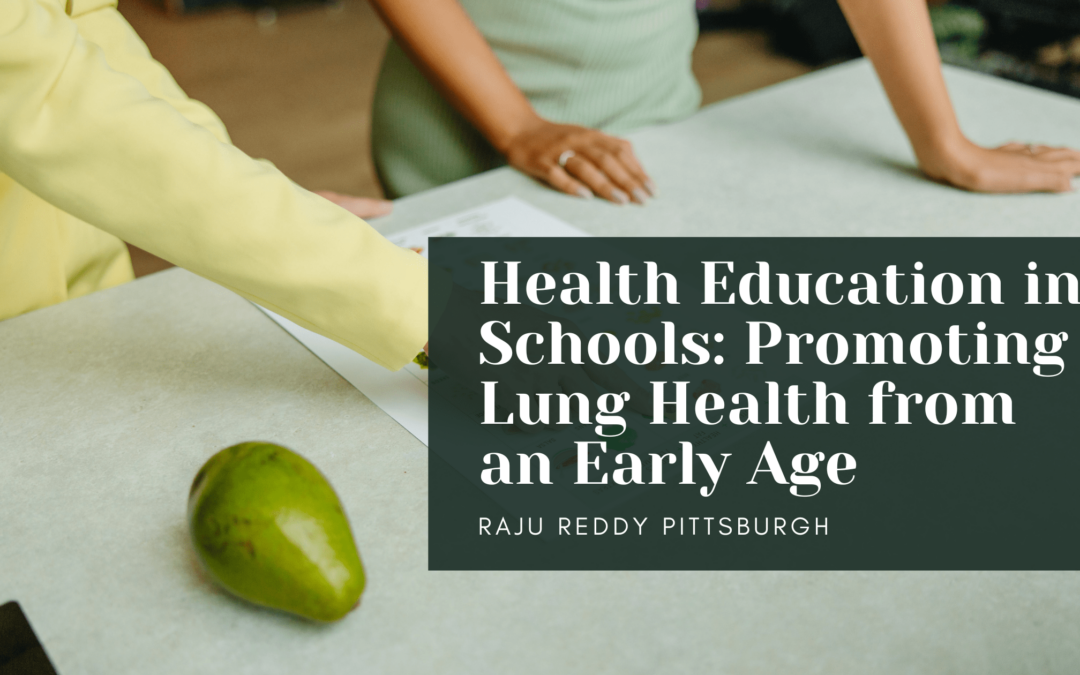Health education in schools plays a pivotal role in shaping lifelong habits, and when it comes to respiratory well-being, early education can have a lasting impact. Here is the importance of health education in schools for promoting lung health from an early age, offering insights and strategies supported by credible sources.
The Significance of Early Health Education:
- Understanding the Respiratory System:
Integrating lessons on the respiratory system into school curricula provides students with a foundational understanding of how their lungs work. Clear explanations about the importance of breathing and the role of lungs in supplying oxygen to the body set the stage for a lifelong appreciation of respiratory health.
- Promoting Healthy Habits:
Health education can instill the importance of adopting and maintaining healthy habits for lung health. Emphasizing the benefits of regular exercise, staying hydrated, and avoiding exposure to secondhand smoke creates a positive foundation for respiratory well-being.
Age-Appropriate Lessons for Different Grades:
- Elementary School:
In early grades, health education can focus on introducing basic concepts about the respiratory system through engaging and age-appropriate activities. Simple exercises like breathing exercises or interactive discussions about the importance of fresh air can make the learning experience enjoyable.
- Middle School:
As students progress to middle school, health education can delve deeper into the impact of lifestyle choices on lung health. Lessons can cover topics such as the dangers of smoking, the importance of physical activity, and ways to maintain clean air environments.
Classroom Resources and Activities:
- Interactive Simulations:
Interactive simulations or models can give students a hands-on understanding of lung function. Virtual tools or simple DIY lung models can make the learning experience engaging and memorable.
- Guest Speakers and Experts:
Inviting healthcare professionals or respiratory experts as guest speakers can enhance the educational experience. Hearing from real-life experts can inspire students and provide valuable insights into the importance of lung health.
Encouraging Healthy School Environments:
- Creating Smoke-Free Zones:
Schools can play a role in creating and maintaining smoke-free environments. Health education programs can reinforce the dangers of smoking and the benefits of keeping the school environment free from tobacco smoke.
- Physical Education Integration:
Integrating respiratory health concepts into physical education classes reinforces the connection between physical activity and lung health. Teachers can incorporate exercises that emphasize breathing and cardiovascular fitness.
Conclusion:
Health education in schools is a powerful tool for instilling the importance of lung health from an early age. By integrating age-appropriate lessons, engaging activities, and resources that foster a positive understanding of respiratory well-being, schools can contribute to developing health-conscious individuals who carry their lung health knowledge into adulthood.

